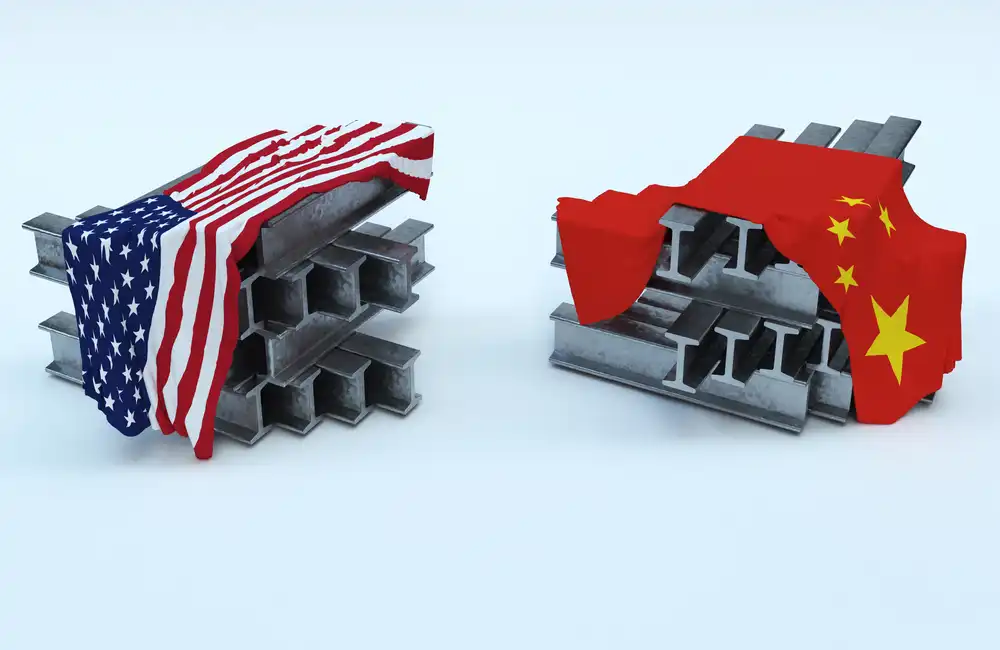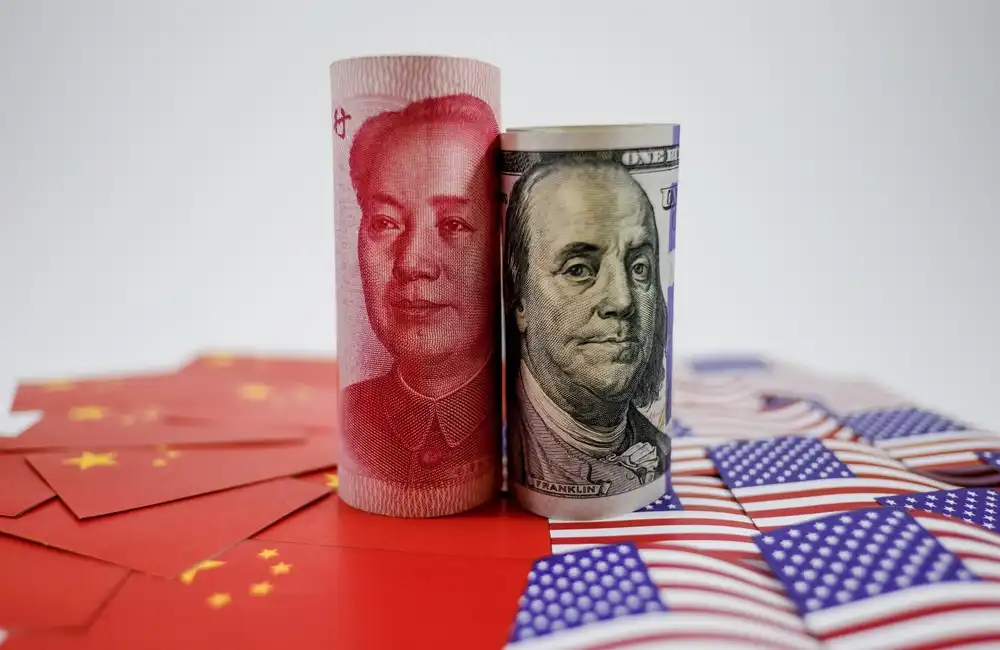The Chinese government declared significant export restrictions on seven rare earth elements, including samarium and gadolinium, on April 4, 2025.
China's export restrictions on rare earth elements have created global market disruptions which severely affect high-tech sectors including electric vehicle production, smartphone manufacturing, and defence systems that depend on these materials. China's decision to restrict rare earth exports represents its dominant position in mining these elements and showcases its strategic influence within global geopolitics as tensions with the United States grow. The analysis focuses on China's reasons for implementing export controls and explores both short-term consequences and future impacts along with how affected nations and sectors reacted.
China’s Rare Earth Dominance and Export Restrictions
Modern technology depends on rare earth elements due to their critical role across various applications. The critical components in EV batteries and MRI machines extend to guided missile systems and renewable energy technologies. The export restrictions on seven rare earth elements by China coincide with its dominance over 90% of the global supply and nearly complete control of global processing capacity.
These export restrictions appear to be China's response to U.S. tariff hikes and they represent the latest escalation in the persistent trade dispute. Beijing's action demonstrates its central position in worldwide supply chains and demonstrates its capability to enact economic retaliatory measures. Control over essential materials for high-tech industries intensifies the relevance of the situation because it demonstrates how resource dominance can change international trade power balances.
Through these restrictions China turns its rare earth resources into powerful strategic tools. Through the strategic deployment of export policies China seeks both to gain economic benefits and to alter the geopolitical balance.
Immediate Impact on Global Markets
The United States has experienced the direct consequences of these restrictions intensely. American companies operating in defence and semiconductor manufacturing sectors face operational difficulties because they rely heavily on rare earth materials. Multiple companies have issued force majeure statements due to their inability to secure essential materials after shipments from China stopped.
The announcement has prompted significant movements in financial markets beyond its immediate location. Investors have driven up stock prices for non-Chinese rare earth producers because they believe these firms will replace the supply gap. The value of MP Materials rapidly escalated after the news was made public. The trend demonstrates how much value is assigned to finding other sources for these essential materials.
Businesses that depend on rare earth elements encounter growing prices and expanding uncertainties. These disruptions have intensified concerns about weaknesses in global supply chains that rely too much on one main supplier.
Motivations Behind China’s Policy
China’s strategy is multifaceted. The restriction of rare earth material access functions as a direct response against the United States' increased tariffs. China demonstrates its economic power through the policy which reveals its readiness to manipulate resource access as a diplomatic strategy. The policy creates a clear warning about the dangers of relying on one nation for essential materials when trade conflicts are growing.
According to some experts China's decision was made to create maximum disruption abroad while minimising effects at home. Beijing's restriction on terbium and dysprosium production targets essential materials for permanent magnets found in EV motors and military hardware potentially reducing competitive capabilities of its adversaries in these expanding sectors.
Strategic Responses from Affected Countries
United States
The United States mounted a strong response to China’s export restrictions. The strategic reserve of critical rare earth minerals and metals was established through a recent executive order signed by President Donald Trump. The creation of this reserve is intended to lessen supply chain weaknesses while decreasing reliance on China.
The U.S. is intensifying its work to establish multiple sources for rare earth elements. The U.S. has increased investments in deep-sea mining operations while building partnerships with mineral-rich countries including Australia and Canada. Policy makers understand the immediate need to find alternative supply chain solutions in order to prevent disruptions that can hinder both economic growth and national security operations.
Australia
Australia has actively implemented policies aimed at expanding its critical minerals sector because it possesses significant rare earth deposits. Through strategic reserve creation and mining project support the Australian government aims to decrease global supply chain dependence on China. Australia aims to become a dependable rare earth supplier to strengthen its strategic partnerships with allies including the U.S. and Japan.
Long-Term Implications for Global Supply Chains
The imposition of China's restrictions has prompted countries and industries to recognise their dependency on China's rare earth material dominance. The recent situation will speed up worldwide diversification initiatives. Both countries and corporations are pursuing various alternative rare earth mineral sources by exploring domestic reserves, establishing supplier partnerships and developing recycling programs.
Japan is making major investments in rare earth mining projects located in Vietnam and Malaysia to reduce its dependence on Chinese exports. The European Union is working to create resilient supply chains for minerals through recovery methods and circular economic principles.
The geopolitical impact of these restrictions will transform international alliances and trade connections. Countries dependent on rare earth metals could establish deeper connections with mineral-rich nations to diversify their supply chains and reduce dependency risks. Long-term competition against China’s rare earth control demands ongoing investments together with worldwide collaboration.
Challenges and Considerations
The search for new rare earth materials is advancing but faces numerous difficulties. The environmental impact of domestic mining operations along with deep-sea extraction has raised concerns. The development of these resources demands a balance between resilient supply chains and sustainable practices.
The shift from China’s rare earth dominance requires extended timelines together with considerable financial resources. Establishing processing and refining facilities for these materials outside China demands high expenditure and technical expertise. According to experts it may take many years or even multiple decades to establish a supply chain that achieves full diversification and self-reliance.
Final Thoughts
The decision by China to limit rare earth exports represents a critical turning point for both international trade systems and global political dynamics. Beijing demonstrates the dangers related to dependency on one supplier by showcasing its control over vital resources in today’s interconnected world economy. This strategy reveals the necessity for nations and industries to reassess their supply networks while pursuing diversified sourcing options and developing resilient infrastructure systems.
The worldwide rush for rare earth elements demonstrates that economic necessities intertwine with larger geopolitical shifts occurring in a world where competition for essential resources becomes more defining. Future challenges revolve around maintaining strategic independence and sustainability while cooperating internationally in an age where power depends on resource control.


















